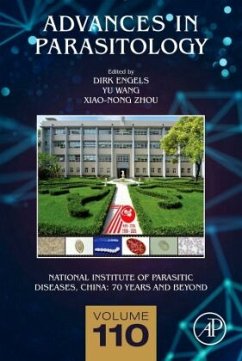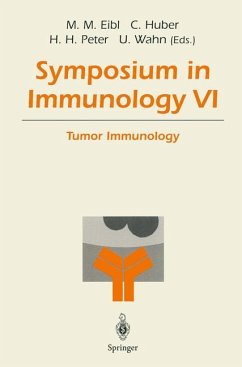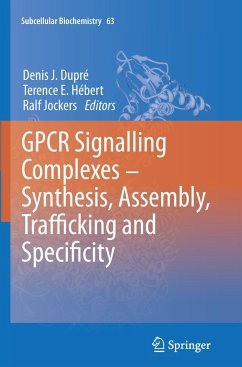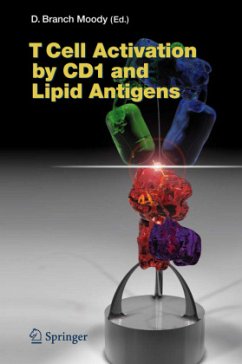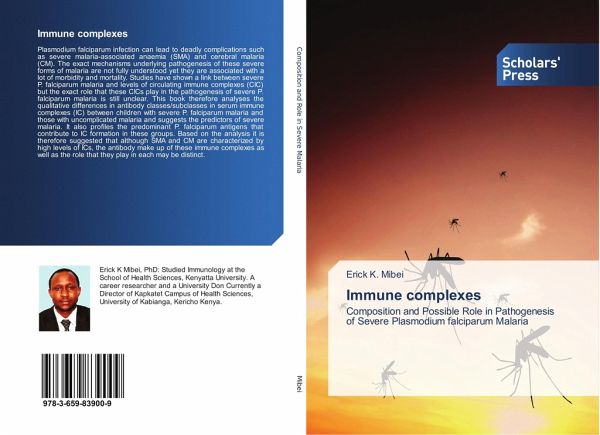
Immune complexes
Composition and Possible Role in Pathogenesis of Severe Plasmodium falciparum Malaria
Versandkostenfrei!
Versandfertig in 6-10 Tagen
40,99 €
inkl. MwSt.

PAYBACK Punkte
20 °P sammeln!
Plasmodium falciparum infection can lead to deadly complications such as severe malaria-associated anaemia (SMA) and cerebral malaria (CM). The exact mechanisms underlying pathogenesis of these severe forms of malaria are not fully understood yet they are associated with a lot of morbidity and mortality. Studies have shown a link between severe P. falciparum malaria and levels of circulating immune complexes (CIC) but the exact role that these CICs play in the pathogenesis of severe P. falciparum malaria is still unclear. This book therefore analyses the qualitative differences in antibody cla...
Plasmodium falciparum infection can lead to deadly complications such as severe malaria-associated anaemia (SMA) and cerebral malaria (CM). The exact mechanisms underlying pathogenesis of these severe forms of malaria are not fully understood yet they are associated with a lot of morbidity and mortality. Studies have shown a link between severe P. falciparum malaria and levels of circulating immune complexes (CIC) but the exact role that these CICs play in the pathogenesis of severe P. falciparum malaria is still unclear. This book therefore analyses the qualitative differences in antibody classes/subclasses in serum immune complexes (IC) between children with severe P. falciparum malaria and those with uncomplicated malaria and suggests the predictors of severe malaria. It also profiles the predominant P. falciparum antigens that contribute to IC formation in these groups. Based on the analysis it is therefore suggested that although SMA and CM are characterized by high levels of ICs, the antibody make up of these immune complexes as well as the role that they play in each may be distinct.



